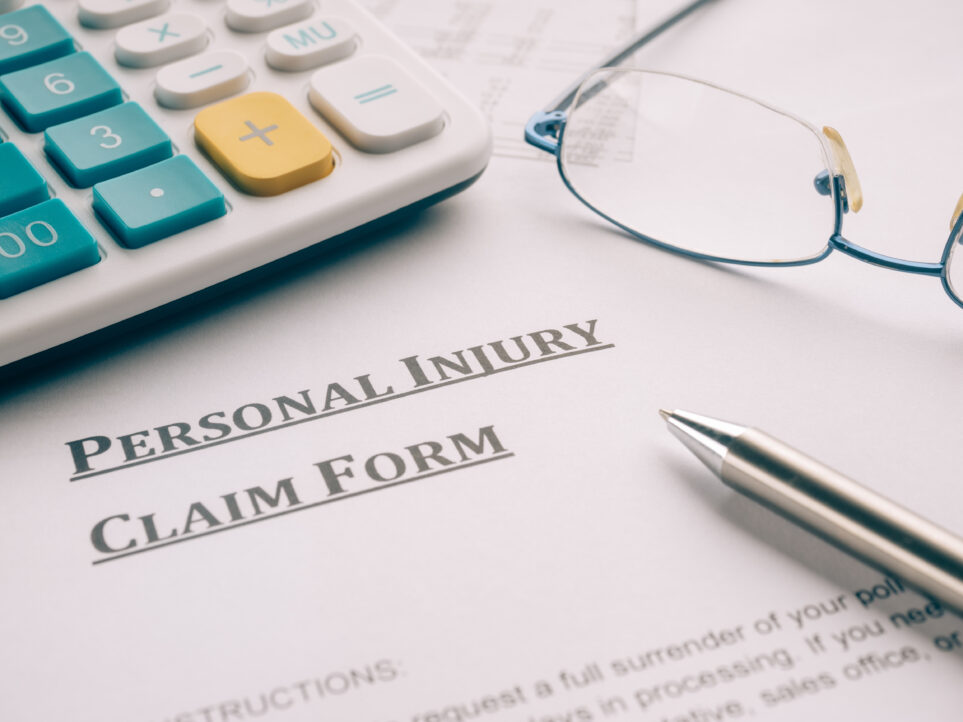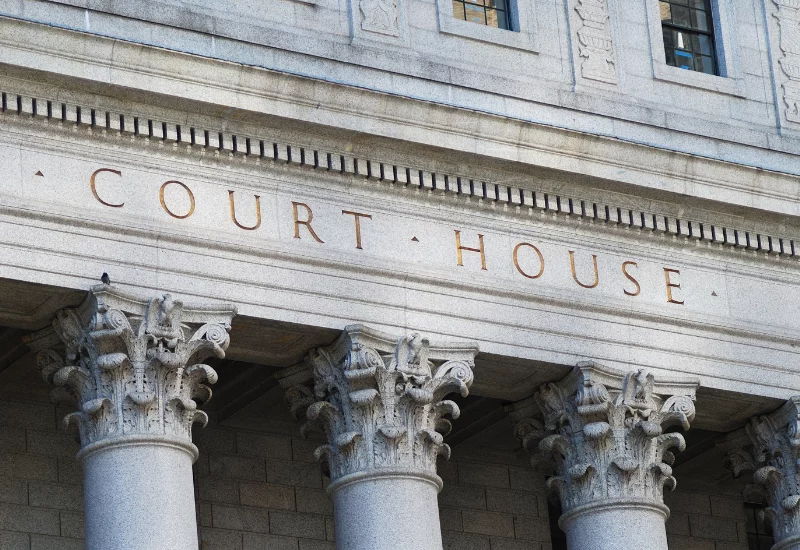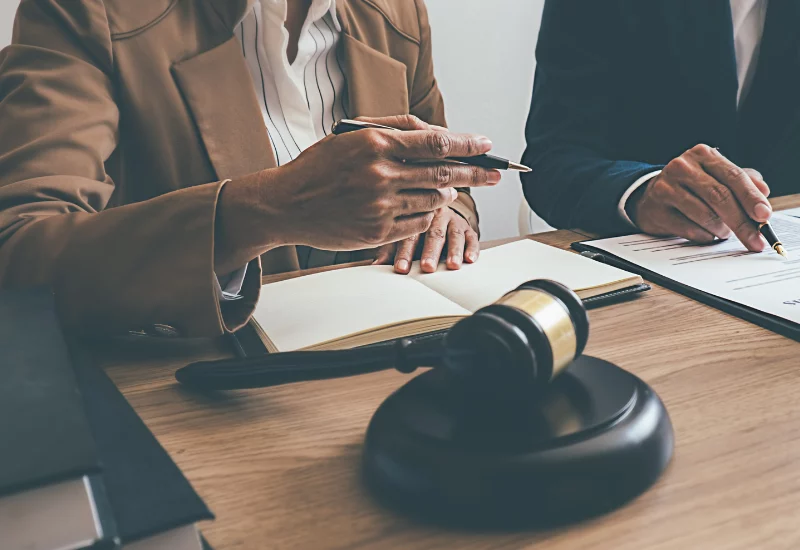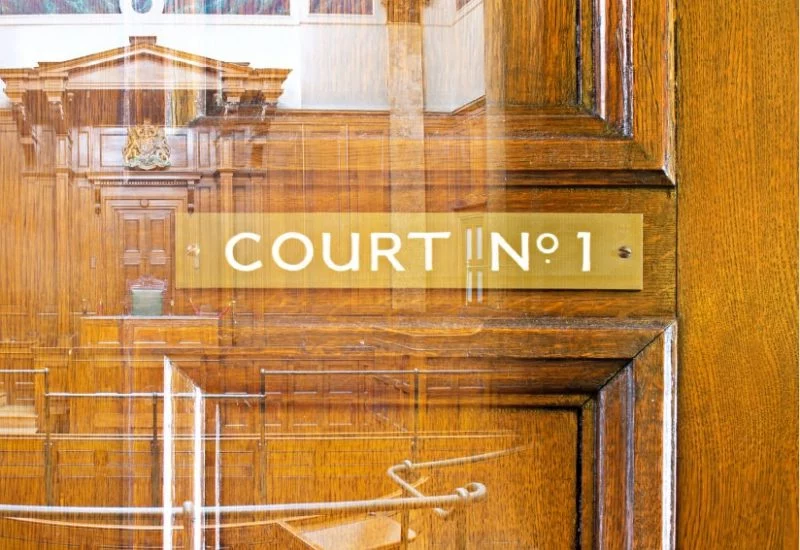- 27 Mar 2020
- •
- 3 min read
How do I protect my business against coronavirus-related claims?

At the moment the country and indeed the world is in the grip of coronavirus (COVID-19). Luckily most people are pulling together and helping each other as was clear from the heartwarming “clap for our carers” organised in support of the great work being undertaken by our NHS. However, it is important that as we all make adjustments to our working lives we do so in a way that minimises the risk of claims being made against our businesses at a later date. There are already anecdotal examples of Coronavirus-related claims being made in the U.S.A.
There are many ways in which the current situation may give rise to liability claims which may be either directly or indirectly linked to coronavirus. It is not possible to list them all here but I hope that this article will give a flavour of what to look out for.
Avoiding direct coronavirus claims
The government has produced guidance to employers which can be found here.
This deals with encouraging staff to stay at home where possible and what to do if someone becomes unwell in the workplace. The tabloids have already reported that some businesses have asked their staff to come to work notwithstanding this advice and this must open up the possibility of infected employees later seeking to bring claims against their employers for exposing them to the virus by not acting in accordance with government advice. Whilst there may be possible defences available to such claims, including challenging causation, I am sure any sensible business would rather not face such claims at all particularly when they are trying to get back on their feet after normal life resumes. It is therefore essential to follow the government advice and to have an audit trail showing that you followed the advice carefully.
Avoiding indirect coronavirus claims
Indirectly related to coronavirus are issues that may arise as a result of adjustments made to the way businesses work. Many employees are being asked to work from home, but employers still need to ensure they are safe in working from home. Wherever an employee is working, whether it be on the employer’s premises, off-site or at home, the employer owes the same general duty to ensure, so far as is reasonably practicable, the health, safety and welfare of the workforce.
Employers are responsible, under health and safety law, to assess risks in the workplace that are likely to affect every employee, including those who work from home and take reasonable steps to minimise these. Employers must provide their home workers with information about the specific risks in their workplace and instruct and train them on how to deal with the risks. The employer’s responsibilities also include ensuring that any equipment that is provided for a home worker is in good working order, suitable for the purpose for which it is to be used, adapted to the needs of the employee and regularly maintained to ensure that it remains in a sound condition. The employer must also provide training if the work involves the use of any machinery or entails heavy lifting of goods delivered to the worker’s home.
Another risk that may arise more widely than usual relates to asking employees to use their own vehicle when on work business. This may be because access to work vehicles or public transport is more limited than usual. This gives rise to possible claims against the employer in the event of a road traffic accident on the basis that the employer can be held vicariously liable for acts undertaken in the course of employment. There are some specific steps that can be taken to address this risk and I previously wrote an article entitled “Employer Lacuna or Hakuna Matata” which dealt with this issue and which can be found here.
Please contact our Wills team on 0800 2800 421 or contact us here for help and advice.





